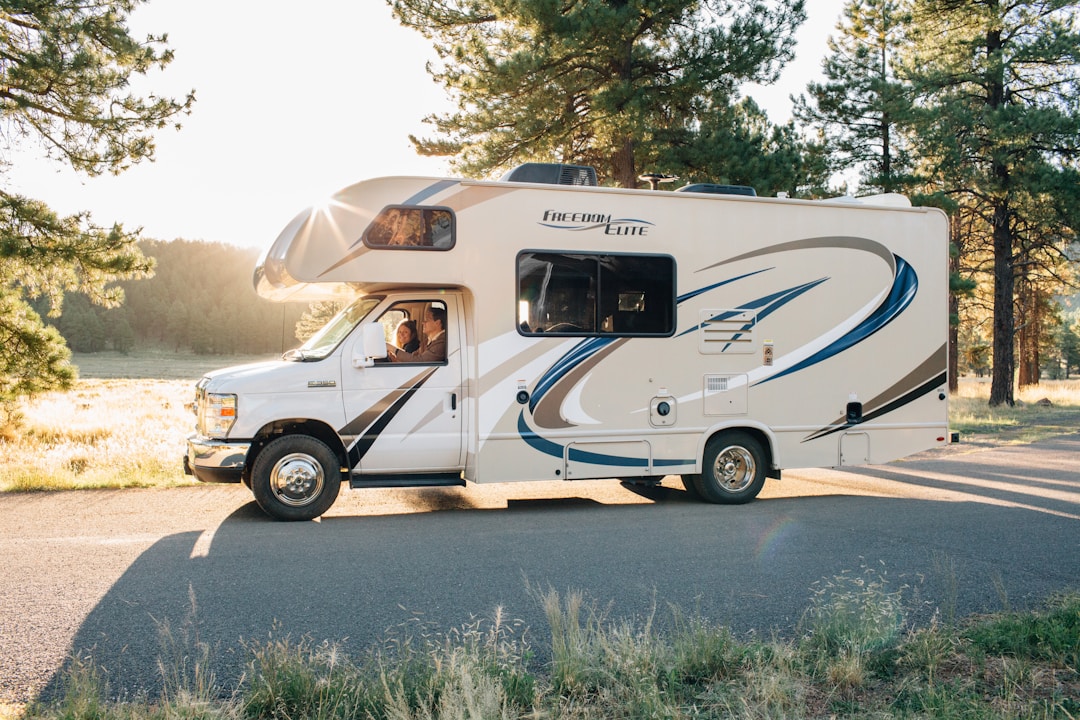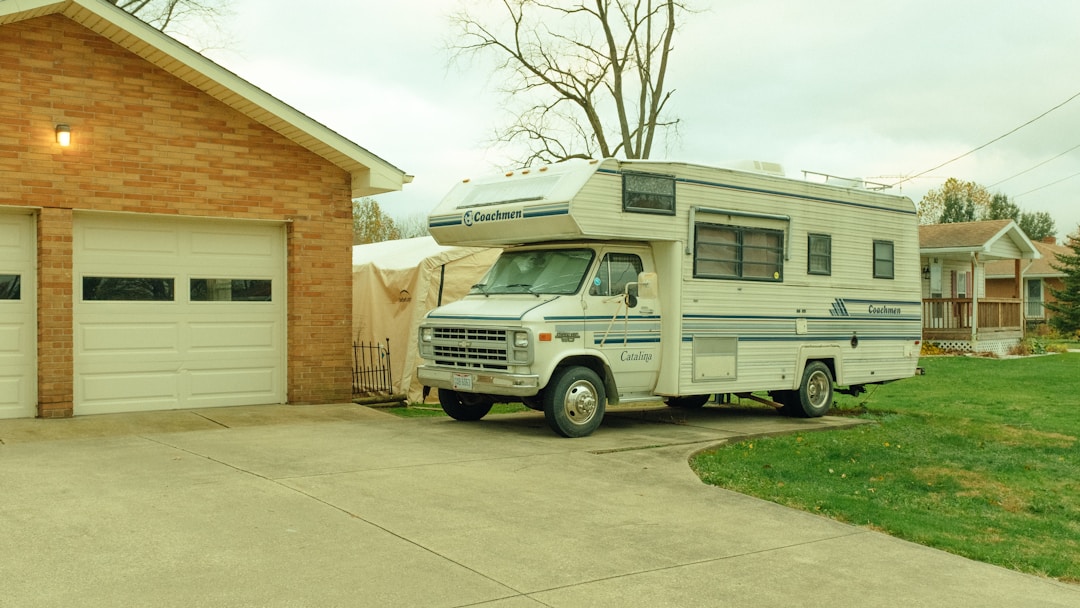As a recreational vehicle (RV) owner, you understand the freedom that comes with hitting the open road in your mobile home. The ability to explore new places, bask in untouched landscapes, and experience a different way of living is liberating. However, along with the exciting advantages of RV ownership might come unexpected mechanical breakdowns and costly repairs. This is where your RV extended warranty comes into play.
An extended warranty is a financial safety net when your RV requires repairs or maintenance. The realm of RV warranties can indeed be quite complex. This might leave new RV owners wondering about their necessity, utility, and overall cost-effectiveness. In this article, we will explore every facet of RV warranties, providing you with comprehensive knowledge and enabling you to make informed decisions.
Understanding the Concept of Extended Warranties

An extended RV warranty is a service contract between the owner and the warranty provider, promising to pay for certain types of repairs or services during a specific period. The breadth and duration of this coverage can significantly impact your RVing experience, primarily by providing extra peace of mind. With a warranty, you needn’t worry about paying an unforeseen hefty repair bill out of pocket.
This type of warranty is called ‘extended’ because it offers coverage beyond the manufacturer’s initial warranty. Typically, a manufacturer’s RV warranty lasts for a limited time, and its coverage can be rather restricted. On the other hand, an RV extended warranty provides comprehensive coverage for a more extended period. It becomes effective either when the manufacturer’s warranty expires or from the time of purchase. It’s useful to remember that the cost and coverage of the extended warranties vary based on the RV’s age, mileage, and condition.
Purchasing an extended RV warranty may seem like an additional cost upfront, but it is an investment into your RVing experience in the long run. However, it’s necessary to research different warranty providers, understand their coverage policies, and evaluate your personal requirements before making a decision.
Advantages of Extended Warranties

One of the significant benefits of a warranty plan is the financial certainty it lends to your RV ownership experience. Repair costs for RVs can be unpredictable and often hefty. Knowing that your warranty covers a significant part of repair costs can alleviate the financial stress associated with owning and maintaining an RV.
The second advantage is the nationwide coverage most extended warranty policies provide. At a basic level, this means you can have your RV serviced or repaired at any licensed repair center across the country. For full-time RVers or those who like to take long trips, this kind of flexibility is priceless.
Lastly, some extended warranty providers offer additional benefits such as roadside assistance, trip interruption protection, and emergency expense coverage. These extras could potentially save you hundreds, if not thousands, of dollars in unforeseen expenses, making your overall experience smoother and more worry-free.
Things to Consider Before Buying an RV Extended Warranty
As with any major purchase, however, it’s important to carefully consider several factors before choosing an RV extended warranty. First and foremost, you’ll want to assess your RV’s current warranty status. If your vehicle is still covered by the manufacturer’s warranty, it may be unnecessary to invest in an extended warranty right away. However, if your original warranty is expiring soon, or you are purchasing a used RV without a warranty, it may be the perfect time to start exploring extended warranty options.
Next, it’s crucial to thoroughly research the different types of extended warranties available for RVs. Some plans cover only specific components of your RV, while others offer comprehensive coverage. Consider what aspects of your RV are most susceptible to wear and tear or are the most critical for your travels. For instance, if the engine or transmission is particularly important to you, prioritize selecting a warranty that covers these elements. Additionally, review the terms and conditions of different policies to ensure they align with your specific needs and preferences.
Another essential consideration is the reputation and reliability of the warranty provider. Look for companies with strong track records and positive customer reviews. Ultimately, you want a warranty provider that is trustworthy and responsive when you need them most. Take the time to read through the fine print and ask questions about what is covered, deductibles, claim processes, and any additional fees. You can look for customer reviews and check out business ratings with the Better Business Bureau to get an idea of how different providers operate.
Ultimately, buying an RV extended warranty requires thorough research and thoughtful decision-making. Taking the time to consider your current warranty, the specific coverage you need, and the reputation of the provider will ensure you make an informed choice. With the right extended warranty in place, you can enjoy your RV adventures with a greater sense of security, knowing that you’re protected in case of unexpected repairs or breakdowns.
Understanding the Different Types of RV Extended Warranties

There are several types of RV warranties available in the market, and it’s important to understand the differences to make an informed decision. The two main types are exclusionary policies and inclusionary policies.
Exclusionary policies, often referred to as “bumper-to-bumper” coverage, provide comprehensive protection for your RV. These warranties typically cover most mechanical and electrical components, giving you broad coverage against unexpected repairs. With an exclusionary policy, nearly everything is covered unless it is listed as an exclusion in the contract. These policies are popular among RV owners who want complete peace of mind and don’t want to worry about specific components breaking down.
On the other hand, inclusionary policies, also known as “stated components” or “customized” coverage, cover only the specific components mentioned in the policy. This type of warranty allows you to select the level of coverage you want based on your RV’s needs and your budget. Inclusionary policies are ideal for RV owners who are familiar with their vehicle’s mechanics and only want to cover certain parts that are more prone to failure.
How to Make the Most of Your RV Extended Warranty
Purchasing a warranty and the value you get from it depends on various personal factors, such as your monthly budget and financial situation, risk tolerance, and how well you can handle unexpected out-of-pocket repair costs. An RV warranty can provide you with peace of mind and protect your investment. However, to make the most of your RV warranty, there are a few important things to consider. First, it’s crucial to thoroughly read and understand the terms and conditions of your warranty. Different extended warranties have varying coverage levels and exclusions, so it’s important to know exactly what is and isn’t covered. This will help you avoid any unpleasant surprises when it’s time to make a claim.
Additionally, it’s advisable to properly maintain your RV according to the manufacturer’s recommendations. Regular servicing and proper care can help prevent major mechanical issues, which in turn can reduce the number of warranty claims you need to make. Some extended warranty providers may even require proof of regular maintenance, so it’s important to keep records of any service or repair work done on your RV.
Lastly, in the event that you do need to file a warranty claim, it’s important to follow the correct procedures outlined by your warranty provider. This may include contacting a designated repair facility, obtaining authorization for repairs, and providing necessary documentation. By adhering to these guidelines, you can ensure a smooth and hassle-free claims process.
Altogether, an extended Rv warranty can serve as a financial safeguard that ensures your RV adventures are filled with joy and discovery, not unexpected maintenance issues. By understanding this coverage’s ins and outs, you can choose a plan that fits your needs best, making your RVing experience smooth and enjoyable.








